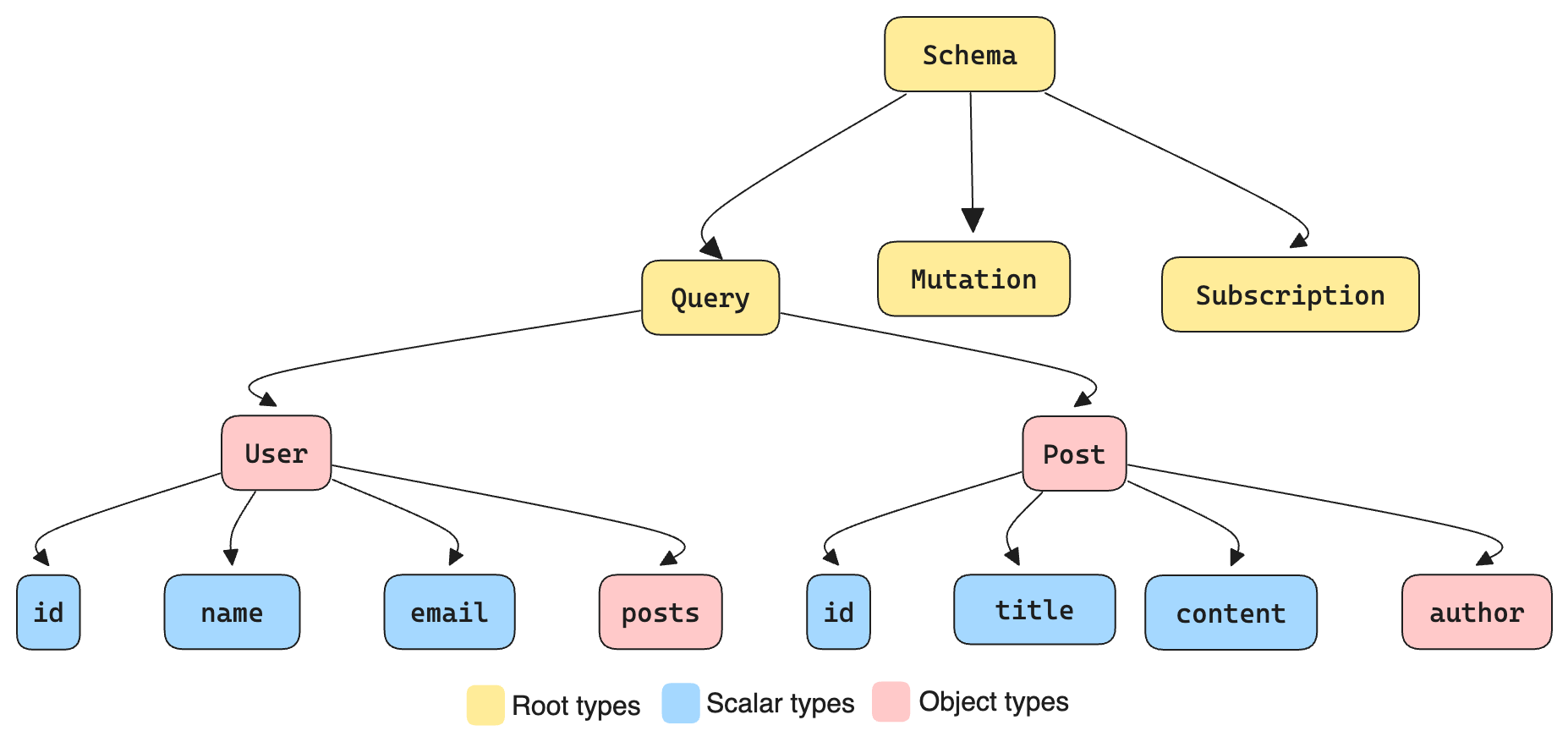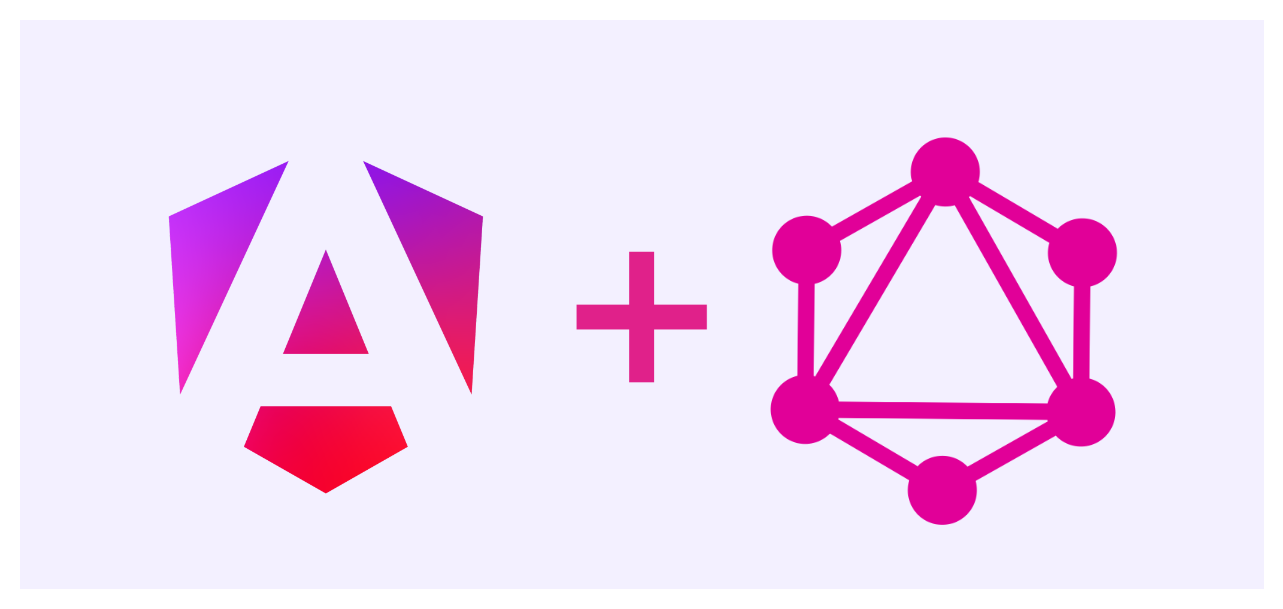Design a GraphQL Schema So Good, It'll Make REST APIs Cry - Part 3




Angular developers often face the challenge of efficiently fetching and managing data from GraphQL APIs. This comprehensive guide dives into five powerful approaches for integrating GraphQL into your Angular applications. We'll explore everything from full-featured client libraries to lightweight solutions, using a practical example of fetching post data to demonstrate each method's strengths and nuances.

GraphQL has taken the API world by storm, offering developers a flexible and powerful way to interact with backend systems. But with great power comes great responsibility—especially when it comes to security.

Designing a robust, scalable GraphQL schema is critical for building production-ready APIs that can evolve with your application's needs. In this comprehensive guide, we'll walk through the process of crafting a GraphQL schema for a real-world application, highlighting best practices and considerations along the way.
If you are thinking how we could possibly cover all of the lovely intricacies associated with this topic in one go, you are right, we can't and so we are not! We have created an amazing series to take you through the nuances of working with GraphQL schemas.
Let's break our job into puzzle pieces. Let's start by simply creating designing a brand new schema!

Building a GraphQL backend by hand might seem like a noble pursuit, but the landscape of API development is evolving rapidly, and so are the challenges that come with it. Today, the process is often fraught with complexity, performance bottlenecks, security vulnerabilities, and reliability issues. Yet again, we had a developer expressing frustration about the issues with GraphQL and the reasons for leaving our mighty ship. I wish to dive deeper into these challenges and explore why the future points towards automated, high-performance solutions.